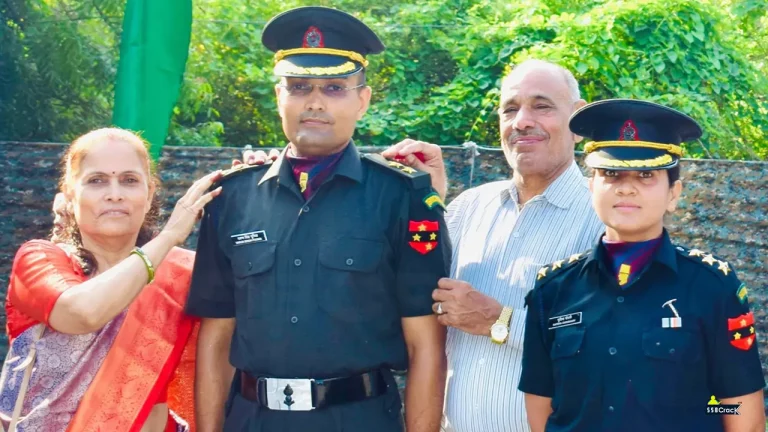An Army patrol was ambushed by terrorists using an improvised explosive device (IED) near the Line of Control (LoC) in the Akhnoor sector of Jammu district on Tuesday afternoon, resulting in the deaths of Captain Karamjit Singh Bakshi and Naik Mukesh, with one soldier sustaining injuries. This incident marks the first security-related fatalities in the region for the year and is the third terrorist attack reported in just four days.
Officials indicated that the patrol was dispatched in response to intelligence inputs warning of potential terrorist movement near Laleali in Akhnoor. Following the explosion, security forces promptly cordoned off the area and initiated a manhunt for the attackers. The Army expressed its respect for the “supreme sacrifice of two gallant soldiers” and extended condolences to their grieving families.
The attack is part of a concerning trend, coinciding with an increase in hostile activities along the LoC. Security sources suggest that as the weather warms and snow in the mountainous regions begins to melt, the likelihood of infiltration attempts from across the border might commence earlier than usual this year, leading to a potentially accelerated and more intense infiltration season.
To address these escalating security challenges, Lieutenant General Navin Sachdeva, General Officer Commanding (GOC) of the White Knight Corps, conducted a review of the hostile activity situation in Rajouri on Monday. On the same day, a soldier stationed at a forward post in the Nowshera sector was shot and wounded by gunfire originating from across the border.
In a separate incident on February 8, terrorists targeted an Indian patrol from a wooded area across the LoC in the Keri sector, prompting Indian forces to return fire. Prior to these incidents, a landmine explosion in the Krishna Ghati sector of Poonch on the night of February 4-5 reportedly inflicted casualties on terrorists attempting to infiltrate the LoC, although official sources have not confirmed a death toll.
The surge in terrorist attacks from May to December of the previous year resulted in the neutralization of over 30 terrorists prior to the harsh winter months, with security forces recording 25 fatalities during this period. Official estimates indicate that around 70 to 80 Pakistani terrorists remain operational in Jammu and Kashmir, with approximately 55 to 60 concentrated in the Jammu zone. These groups typically operate in small cells of three to four members, are well-trained, armed with advanced weapons—including M4 carbines—and utilize modern communication technologies such as iridium satellite phones and thermal imaging equipment.
The rough terrain, characterized by deep ravines, dense forests, and mountain caves, continues to offer substantial cover for these terrorist groups. Despite the significant challenges posed by the environment and the threat of infiltration, security forces are maintaining heightened vigilance by bolstering patrols, enhancing intelligence-gathering efforts, and preparing for what could be an early onset of infiltration activities in the region.







